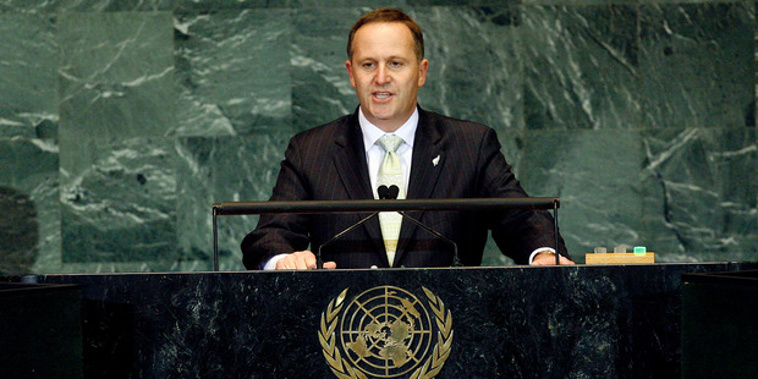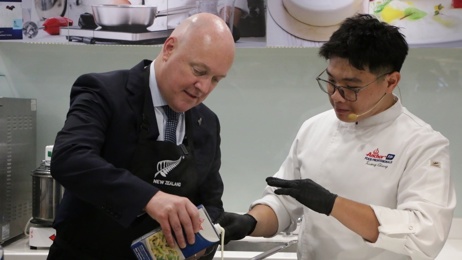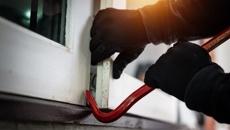
The Big Apple will be in gridlock this week as leaders from around the world make their way from their hotels in Manhattan to the United Nations building on the East River.
It's the worst time to be in the city if you're there to marvel at the buildings reaching into the clouds. Siren wailing motorcades add to the cacophony in the world's most abrasive and noisy city that never sleeps.
Sitting in the back of one of those gleaming black limos will be the man who commands a population the size of Sydney, our very own John Key. It must be hard to contain your ego as you watch the blur of the city slipping by before screeching up to the curb to have the door opened by burly secret service agents talking into their cuffs.
Your every footstep's dogged by your own security entourage as you make your way into the building, avoiding the massive security checks that lesser mortals are expected to endure.
By Key's own admission this is one of the highlights of his eight years as Prime Minister. He won't be just one of the almost 200 leaders at the UN this week, where they're forced to sit and listen to one laborious speech after another, he'll be the heart of the show, the top dog of the political world as Chair of the Security Council. It cost us years of lobbying around the globe and plenty of taxpayer dosh to allow him to take his chair at the top table.
And we're talking big, saying we're going to make the world's leaders focus their attention on Syria and the fragile cease fire there, which some are saying could fall over as early as tomorrow.
Truth is New Zealand, even though we're occupying one of the most spotlit chairs in the world, is still a microscopic player when it comes to real influence. That belongs to China, the United States, Russia, the United Kingdom and France, the so called permanent five on the council that have a stranglehold on the rest of the world.
What they say, goes. If they don't like something or somebody they can use their veto to get their way. And that includes who runs the show after Ban Ki Moon quits the top diplomat's chair by the end of the year, and that's a pity.
It'll probably count against Helen Clark slipping into the seat because Russia's insisting on an Eastern European occupying the role.
Clark's campaigned on reform and after 70 years of what has become an ineffectual old boys' club, that's long overdue.
Take your Radio, Podcasts and Music with you









